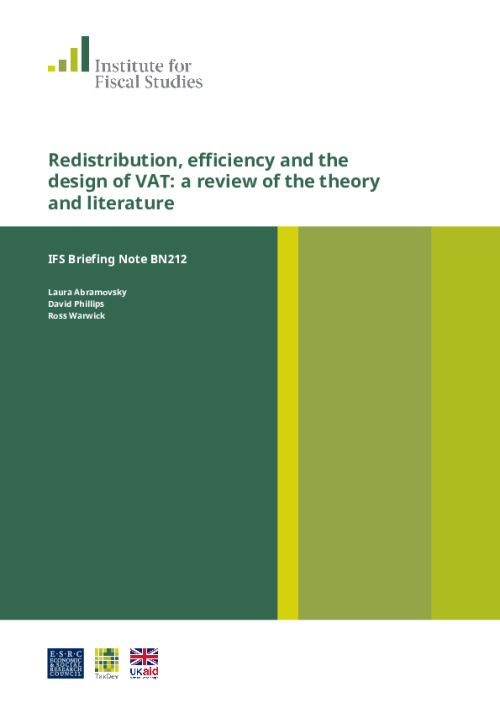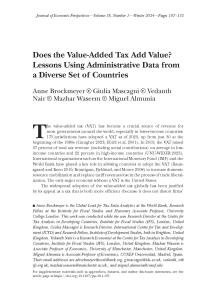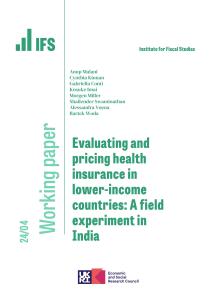The simplest form of value added tax (VAT) – and the form often advocated by international organisations – is one with a broad base and a single (‘uniform’) rate. In practise, most countries exempt and/or apply lower VAT rates on certain categories of goods and services. In this note authors summarise the pros and cons of such ‘VAT rate differentiation’ that are highlighted in the economics and taxation literatures, paying particular attention to the applicability and relevance of each factor for low- and middle-income countries.
Considering first the case for applying different rates – including zero rates – to different goods and services, this briefing note highlights theoretical arguments based on economic efficiency and a more practical redistributive argument.
Considering the case for exempting particular goods and services from the VAT system entirely, the authors discuss a number of ‘special cases’ (such as small firms, public services and financial services) before focusing on the administrative and efficiency issues posed by exemptions more generally.












